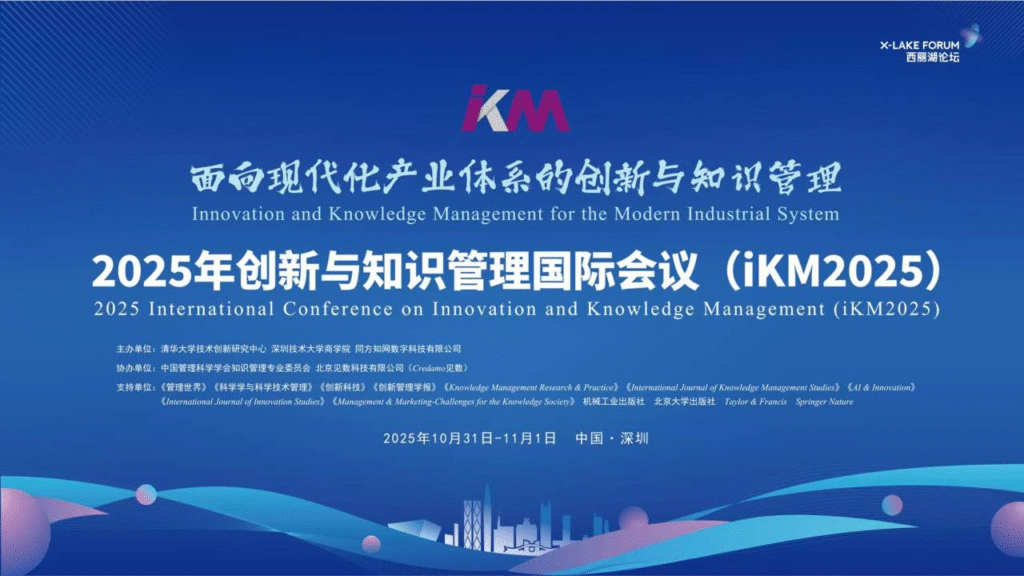On November 13th, the high-level event on delivering “Early Warnings for All and Addressing Extreme Heat” chaired by UN Secretary-General António Guterres was held in the Blue Zone. As an active practitioner of digital eco-cooperation among global emerging economies, Jesse T. Martin, Senior Advisor of the Lab and President of the Australian Aboriginal Community Development Organization (ATSIIEO), and Xie Zongxu, Head of BRICS IDEAS LDEES, were invited to attend the meeting. At the meeting, representatives of the Lab formally reported to Secretary General Guterres on the vision of the Climate Empowerment Program (CEP), which is centered on the BRICS+ model of global cooperation, and put forward a strategic pathway to promote the construction of early warning systems and the enhancement of climate resilience in local communities through international collaboration.
BRICS IDEAS LDEES is dedicated to exploring the intersection between digital innovation, ecological civilization and sustainable development, and is actively adopting artificial intelligence technologies and digital tools to promote new approaches to ecological conservation and sustainable development. This initiative is closely linked to the development philosophy of the Global South and aims to empower local communities in climate change response. BRICS IDEAS LDEES is deeply collaborating with the World Meteorological Organization (WMO) and the United Nations Indigenous Peoples and Minorities Research Program, and is committed to enhancing multiple perspectives and pathways for ecological civilization. As COP30 is about to be held in Brazil next year, BRICS IDEAS LDEES will continue to promote global sustainable development efforts and convey the concept of convergence of ecological civilization, digital innovation and green governance to address the growing challenges of climate change.








No comment yet, add your voice below!